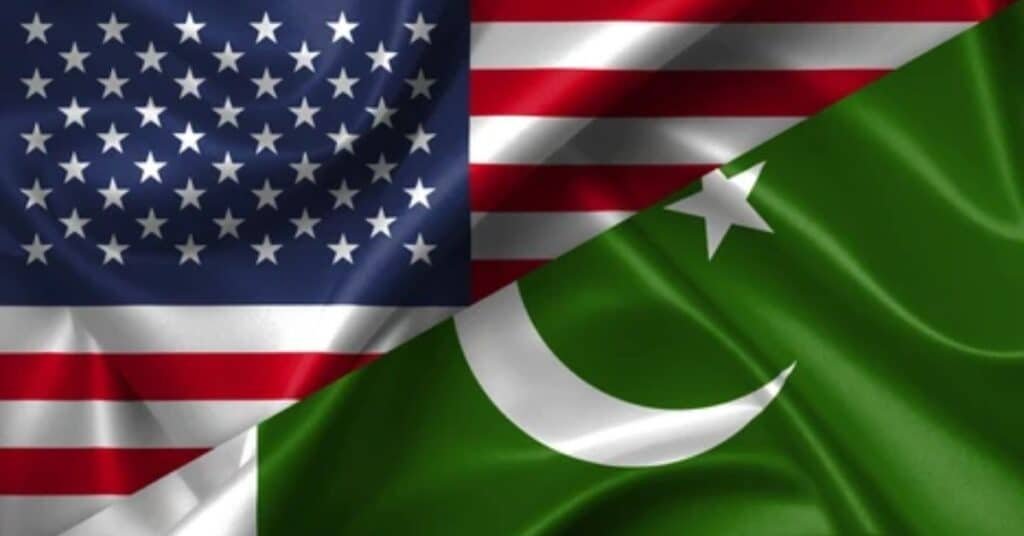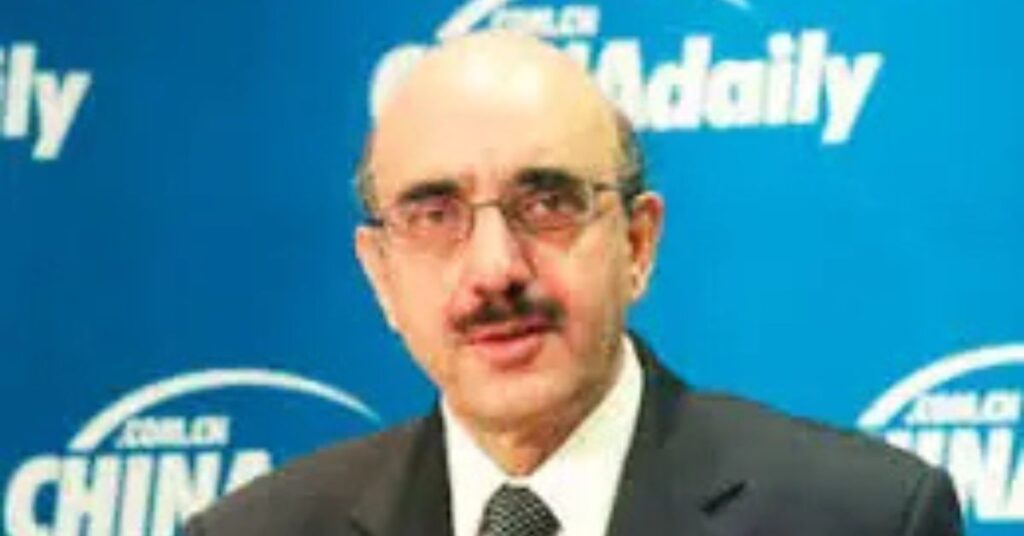ISLAMABAD (Kashmir English): US top diplomat says American firm showing rising interest in Pakistan’s oil reserve after Trump remarks, Bloomberg reported.
The remarks followed Petroleum Minister Ali Pervaiz Malik’s meeting with US Chargé d’Affaires Natalie A. Baker in Islamabad to talk about intensifying energy sector cooperation.
As per a ministry statement, Malik revealed that talks with US companies regarding bidding rounds for the exploration blocks were already on.
There is a very high and increasing interest on the part of US business in Pakistan’s oil, gas, and minerals industry, consistent with President Trump’s vision,” Baker stated, indicating that the embassy would “actively promote direct connections” between the two countries’ businesses.
Trump’s July social media tweet asserting Pakistan has “massive oil reserves” surprised global industry observers, contradicting current geological estimates, and at a time when foreign investment has been declining in the energy sector of Pakistan.
His comments came amid growing trade tensions with India, where Washington has condemned New Delhi for still buying Russian oil.
In a shot at India, Trump even hinted that Pakistan may someday be able to sell oil to its neighbor.
Energy analysts, however, warn that the assertions seem more political than technical.
If Pakistan possessed giant oil reserves, foreign majors wouldn’t have withdrawn in such a big way,” said Moin Raza Khan, a former chief executive of Pakistan Petroleum Ltd.
Pakistan has failed to retain and attract foreign energy majors. Shell Plc withdrew in 2023 after 75 years, and Kuwait Petroleum Corp last year discontinued a four-decade presence.
Total Energies SE also withdrew from a fuel project, and previous attempts by Exxon Mobil and Eni Spa to develop offshore prospects in the Arabian Sea were not fruitful.
The last big discoveries were over a decade ago: Makori East (2011), developed by Hungary’s MOL Group, and Nashpa (2009), owned by Oil & Gas Development Co. (OGDC).
Pakistani authorities frequently mention a 2013 estimate of 9.1 billion barrels of recoverable shale oil by the US Energy Information Administration. But experts remain doubtful.
Conversely, Saudi Arabia, Russia, and the US possess billions of barrels of recoverable reserves, highlighting the magnitude of Pakistan’s constraints.
In spite of difficulties, Islamabad is trying to entice foreign investors. The government initiated a new round of bidding for 40 offshore exploration blocks, including in the Indus Basin, earlier this year.
OGDC officials stated that discussions are underway with US companies, with the deadline for submission of bids set in October 2025.
Any substantive find will be a shot in the arm for Pakistan, where oil output has been declining since reaching its 2018 high.
The nation now spends approximately USD $11 billion a year on importing oil-almost one-fifth of its overall import bill, according to State Bank data.




